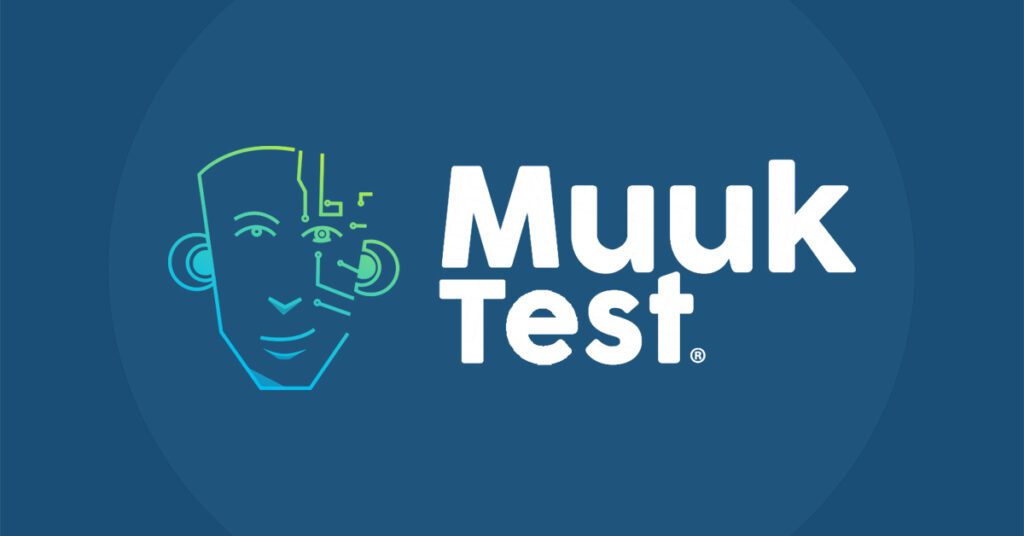Quality assurance (QA) testers play a pivotal role in the software development lifecycle. They evaluate software to identify bugs, issues, and areas for improvement, ensuring applications deliver a seamless user experience. In an environment where rapid development cycles are the norm, skilled QA testers provide the backbone for delivering reliable products. Yet, finding qualified testers poses significant challenges. The market is competitive, and applicants have varying levels of experience.
By knowing what to look for in QA testers, organizations can build testing teams that effectively contribute to software quality and project success.
Essential Technical Skills
Testing Methodologies and Techniques
An experienced QA tester applies various testing methodologies, including functional, nonfunctional, performance, and security testing. Functional testing confirms software meets specified requirements, while nonfunctional testing assesses usability and reliability. Performance testing evaluates stability under stress, and security testing identifies vulnerabilities. Mastery of these techniques allows QA testers to cover different aspects of the software, producing stable, efficient applications.
Test Automation Tools
Automation accelerates testing, reduces repetitive manual processes, and enhances accuracy. Skilled QA testers bring hands-on experience with popular automation tools like Selenium, Appium, JUnit, and TestNG. These tools support the creation of scripts that simulate user interactions, enabling faster and more consistent testing cycles. With a strong foundation in automation, teams can streamline release schedules without impacting quality.
Programming Languages
Programming knowledge is valuable for developing test scripts and customizing automation efforts. QA testers proficient in Java, Python, or JavaScript create tailored testing solutions, enabling automation beyond basic scenarios. For example, automated tests for complex workflows often require scripting skills rather than relying solely on pre-built tools. Testers with programming abilities elevate testing capabilities to address a wide range of testing requirements.
SQL for Database Testing
In addition to front-end validation, effective QA testing often involves back-end data validation, where SQL skills are indispensable. QA testers with experience writing and executing SQL queries can validate data operations, align business rules, and verify data integrity. This ability to work with databases provides a more complete assessment of the application, adding reliability across both front-end and back-end functionalities.
API Testing
Modern applications interact frequently with other software via APIs. QA testers familiar with API testing tools, such as Postman or RestAssured, are well-equipped to confirm that system interactions perform correctly. API testing checks response accuracy, data transfer, and interoperability, allowing testers to address integration issues early and avoid deployment challenges.
Performance Testing
Performance testing tools like JMeter and LoadRunner allow QA testers to assess an application’s response times, throughput, and behavior under different loads. Testers proficient in performance testing contribute to responsive applications that handle varying user demands, providing a smoother experience.
Security Testing
Security testing skills help QA testers identify vulnerabilities and apply testing methods that protect applications from threats. This involves evaluating factors like authentication, data protection, and network security. Testers with a security focus contribute to delivering software that resists security risks, bolstering product reliability.
Soft Skills and Qualities
Analytical Thinking
QA testers need a sharp analytical mind to dissect complex requirements, identify potential issues, and design test cases that cover all scenarios. This ability to think critically and approach testing systematically enhances the overall quality of testing outcomes.
Problem-Solving Skills
Software development often presents unexpected challenges. A successful QA tester can troubleshoot complex issues and develop creative solutions. Problem-solving skills help testers find the root cause of defects, ensuring efficient resolution and preventing recurring issues.
Attention to Detail
Attention to detail is paramount in testing. A meticulous approach allows QA testers to spot minor discrepancies that could escalate into significant issues if overlooked. This precision reduces the risk of critical bugs making it to production, thereby increasing end-user satisfaction.
Excellent Communication Skills
QA testers act as a bridge between developers, product managers, and stakeholders. Effective communication skills help them articulate issues clearly, provide feedback, and collaborate on solutions.
Teamwork
Testing often requires collaboration with other team members. QA testers should thrive in a team environment, contributing positively to group efforts and adapting to team dynamics.
Adaptability
Software development is dynamic, with frequent changes to requirements, tools, and processes. Testers must adapt quickly, learn new technologies, and adjust testing strategies as needed.
Passion for Quality
The best testers are driven by a strong commitment to delivering quality software. A passion for quality means they are proactive in their testing approach, going beyond basic testing scripts to thoroughly examine every aspect of the application.
Interview Questions and Exercises
To assess both technical and soft skills effectively, organizations should use a combination of questions and practical exercises during the hiring process.
Technical Questions
Providing coding tasks allows hiring managers to assess a candidate’s ability to write clean and functional scripts. For example:
- Question: Write a Python script to test the login functionality of a web application.
- Expected Answer: The candidate should demonstrate knowledge of web testing libraries, such as Selenium, and write a script that includes steps to locate the login fields, input valid credentials, submit the form, and validate a successful login response. Strong answers may also showcase error handling and logging for improved test reliability.
Asking about specific testing scenarios can provide insight into a candidate’s understanding of methodologies and their critical thinking abilities.
- Question: How would you approach testing an e-commerce checkout process?
- Expected Answer: A well-rounded response should cover various test cases, including positive scenarios like valid payment and successful order confirmation and negative scenarios like invalid card information and network interruptions. Candidates should also mention boundary cases, data validation, and error messages, showing a comprehensive approach to testing.
Hiring teams can ask about identifying and resolving issues in testing environments to evaluate a candidate’s problem-solving skills.
- Question: Imagine a test script that used to pass has suddenly started failing. How would you troubleshoot this?
- Expected Answer: Strong candidates would outline a methodical approach, such as checking recent code changes, ensuring environment consistency, validating external dependencies (like databases and APIs), and reviewing test logs. Clear, logical steps indicate good troubleshooting skills and awareness of potential causes.
Behavioral Questions
Hiring managers should ask candidates to discuss their prior QA roles and challenges, as it provides valuable insight into a person’s practical experience and problem-solving methods.
- Question: Describe a challenging bug you encountered and how you resolved it.
- Expected Answer: A detailed response should cover the candidate’s process in identifying, diagnosing, and resolving the issue. The candidate might discuss tools used (like debugging tools or logs), collaboration with developers, and steps to verify the fix and prevent recurrence. Answers that demonstrate persistence, creativity, and effective cooperation are particularly valuable.
To understand how a candidate structures their testing process, questions on test planning and execution are essential.
- Question: How do you ensure thorough coverage in your test plans?
- Expected Answer: Ideal responses include a structured approach, such as reviewing functional requirements, creating a traceability matrix, and mapping each feature to relevant test cases. Mentioning the inclusion of edge cases, negative testing, and regression scenarios further shows a comprehensive approach.
Effective QA testing often involves working closely with other departments, so organizations should also assess a candidate’s teamwork skills.
- Question: Can you share an example of when you collaborated with developers or product managers to solve a testing challenge?
- Expected Answer: A thorough answer would describe how the candidate worked with team members to diagnose or improve testing processes, including specific communication methods, tools used (like Slack or JIRA), and any outcomes that improved testing effectiveness or bug resolution time.
Practical Exercises
Practical assessments offer a direct way to evaluate a candidate’s technical abilities and approach to problem-solving. Real-world scenarios are ideal for learning how an applicant documents and executes test cases.
- Exercise: Assign a testing task for a basic feature, such as verifying the search functionality on a website.
- Expected Outcome: The candidate should create and execute test cases that cover typical search inputs, boundary conditions (e.g., very long or empty inputs), and invalid characters. Effective candidates will document each step, provide clear pass/fail results, and explain any adjustments to test parameters based on observed behavior.
Conclusion
Hiring the right QA testers requires a detailed understanding of the technical skills, soft skills, and qualities that contribute to effective testing. Attributes such as familiarity with testing methodologies, programming languages, attention to detail, and strong communication abilities create a foundation for robust testing teams. A thorough hiring process that features technical questions and practical exercises can identify candidates who align with organizational needs.
To further enhance testing capabilities, businesses should invest in ongoing training and development. Organizations seeking reliable QA testers may also consider partnerships with testing solutions providers.












